Essential cookies run your site; non-essential track or advertise.
Why bother with cookie laws?
They protect users and build trust—plus, avoid fines.
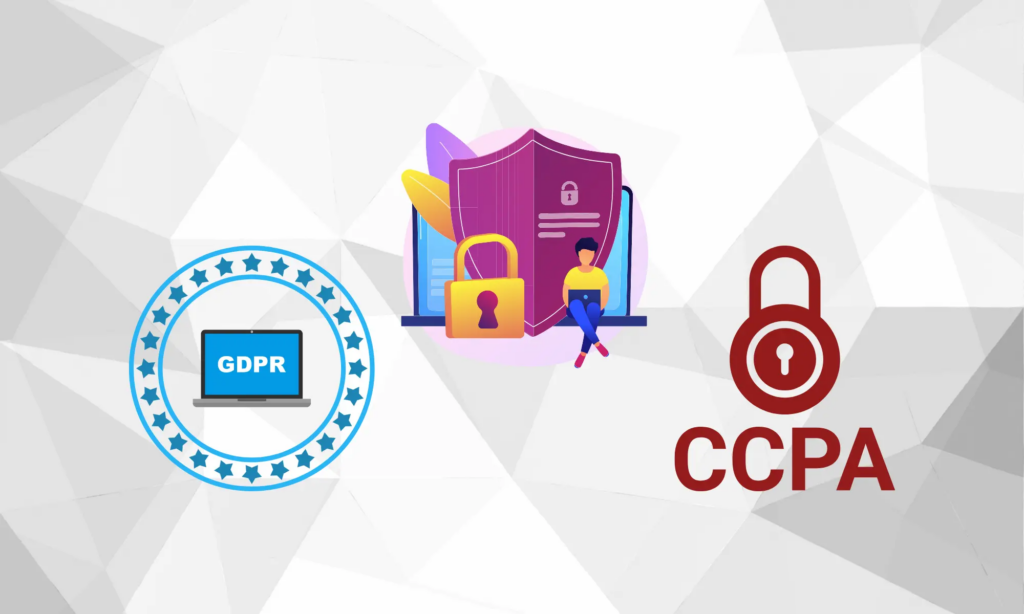
Google is cracking down on advertisers using Google Ads without proper consent banners, pushing businesses to prioritize cookie compliance. As consumers grow savvier about their digital rights, understanding cookie laws isn’t just a legal necessity—it’s a trust-building essential. These regulations ensure personal data is managed responsibly, protecting users while keeping businesses accountable.
This guide unravels cookie laws, their importance in today’s digital age, and actionable steps for compliance. Whether you’re a novice or refining your approach, we’ve got you covered with a deep dive into the essentials.
Ready to get started? Let’s dive into the world of cookie compliance.
Key Takeaways
- Global cookie laws and data protection regulations are expanding, demanding transparency and explicit consent to protect consumer data.
- Informed, active consent before collecting or processing data via cookies is a universal cornerstone of privacy laws worldwide.
- With regulations shifting fast, businesses must stay proactive, updating cookie policies and leveraging compliance services to navigate this complex terrain.
What is a Cookies Law?
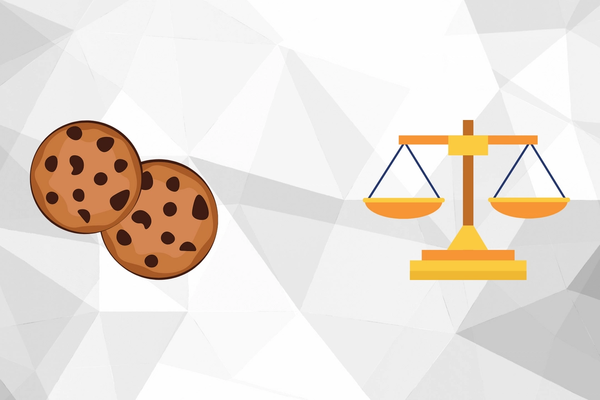
A cookies law is a regulation crafted to safeguard consumers’ personal data as they browse online. At its heart, it governs how websites use cookies—small files stored on devices that track preferences, behaviors, and habits.
Cookies enhance user experiences, like remembering login details or tailoring ads, but they also hold sensitive data. With online activity surging, this data powers everything from marketing to third-party sales, raising privacy stakes.
Cookie laws bridge this gap, setting rules for collecting, storing, and using data. They often mandate explicit consent via banners, ensuring users know and agree to tracking. Learn more about crafting a solid cookie policy at Captain Compliance.
What is the EU Cookie Law?
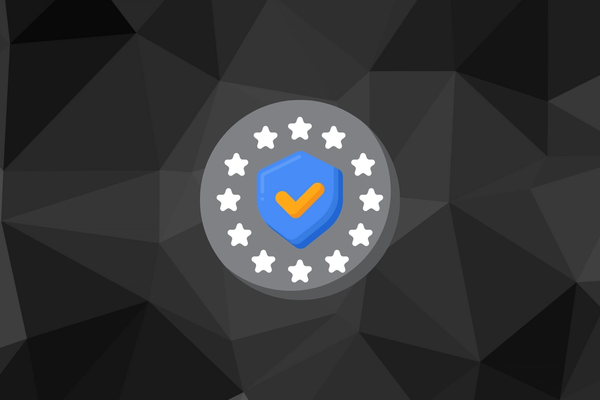
The EU Cookie Law, formally the ePrivacy Directive, launched in 2002 and updated in 2009, protects privacy in digital communications, including cookies.
It requires EU member states to ensure confidentiality of communications and data, allowing cookies only with informed consent or if strictly necessary. This drives the cookie banners you see everywhere.
Paired with the GDPR, it’s a global benchmark, enforcing transparency and GDPR principles. Check out our GDPR cookie consent guide for details.
Does the EU Cookie Law Apply to US Websites?
Yes, if a U.S. site serves EU users or tracks their data, it’s bound by the ePrivacy Directive and GDPR. Location doesn’t matter—user residency does. Adopt cookie consent best practices to stay compliant.
Are There Cookie Laws in the US?
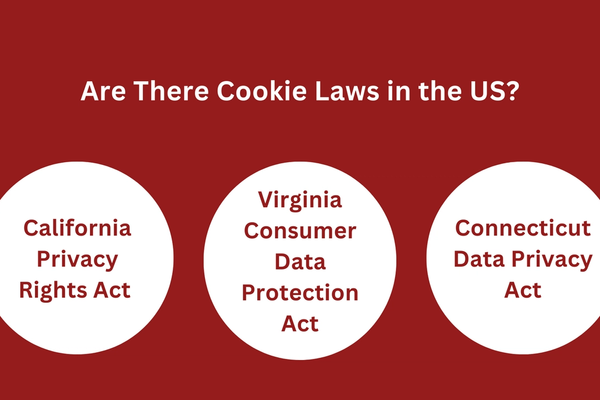
Above you can see the first 3 states that came out with specific state cookie laws. A federal privacy law is tossed around each year but has never passed. However there are federal privacy laws in ECPA with pen register and trap and trace wiretapping issues that have caused a lot of litigation headaches for those who violate the cookie laws.
So while there are no federal cookie laws that exist in the U.S., but states are stepping up with privacy regulations that impact cookies that you use on a website.
California Privacy Rights Act (CPRA/CCPA)
The CCPA, enhanced by the CPRA in 2023, gives Californians rights to transparency and opt-out options for data sales, including cookies.
Virginia Consumer Data Protection Act (VCDPA)
The VCDPA, effective 2023, offers similar rights, emphasizing cookie consent requirements.
Connecticut Data Privacy Act (CTDPA)
The CTDPA mirrors this trend, requiring clear data practices. See how outsourcing compliance can help.
Is There a Cookie Law in the UK?
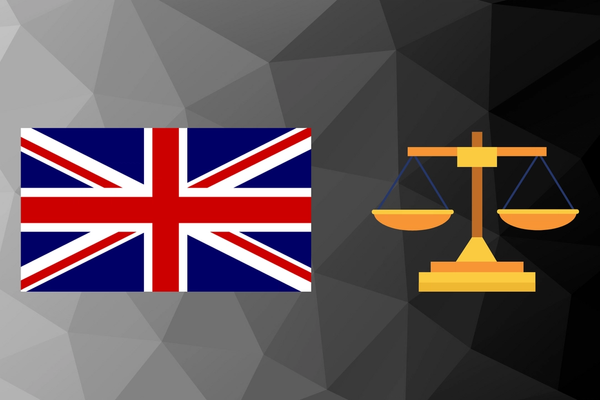
The UK’s Privacy and Electronic Communications Regulations (PECR), post-Brexit, mirrors the ePrivacy Directive, requiring consent for non-essential cookies. The Data Protection Act 2018 bolsters this framework.
Other Cookie Laws Around the World
Privacy isn’t just a Western focus—global laws are tightening.
Brazil – Lei Geral de Proteção de Dados (LGPD)
The LGPD, since 2020, demands consent for data processing, including cookies.
Japan – Act on the Protection of Personal Information (APPI)
The APPI ensures transparency in data use, affecting cookies.
Alberta, Bermuda, & South Korea Use The Same Acronym – Personal Information Protection Act (PIPA)
The PIPA mandates explicit consent for personal data via cookies.
Tips to Comply with Cookie Laws
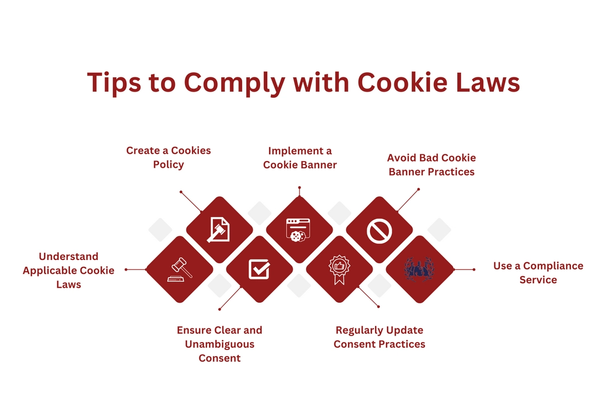
Compliance can feel overwhelming, but it’s a trust-building opportunity. Here’s how to nail it.
Know Your Laws
Pinpoint applicable laws—GDPR, CPRA, or beyond—based on your audience.
Build a Cookie Policy
Detail cookie types, purposes, and third-party access in an accessible policy.
Add a Cookie Banner
Use a banner to inform and seek consent—see how to implement one.
Secure Explicit Consent
Require active opt-ins for non-essential cookies—no pre-ticked boxes allowed.
Avoid Consent Pitfalls
Dodge bad practices—keep it clear and user-friendly.
Stay Updated
Review practices regularly as laws evolve—use our GDPR checklist.
Leverage Compliance Tools
Partner with Captain Compliance for streamlined solutions.
Expanding Your Compliance Strategy
Beyond basics, consider global trends. In 2024, fines hit €2 billion under GDPR for cookie violations—Google alone paid €150 million. States like Maryland now ban non-essential data use outright, per MODPA. Proactively audit your site with tools to automate privacy, and train staff on corporate compliance. A 2025 Pew study found 75% of users avoid non-transparent sites—compliance is a competitive edge.
Your Next Steps in Cookie Compliance
The digital world moves fast, and cookie laws keep pace. This guide lays the groundwork, but staying compliant is an ongoing mission. That’s where Captain Compliance steps in—your partner in mastering this maze.
We simplify cookie laws, letting you focus on your business while we handle privacy complexities. Our tailored solutions turn obligations into trust-building wins. Contact us to start today!
FAQs
Can I use one cookie banner globally?
You technically could use one banner setting for the globe but best practices is to tailor it based on regional laws as each one will differ. Tailor yours with our software solution.
What’s essential vs. non-essential?
Essential cookies run your site; non-essential track or advertise.
Why bother with cookie laws?
They protect users and build trust—plus, avoid fines.